In a quiet suburban neighborhood of Portland, Oregon, an unusual refrigerator has become the talk of the community. Painted bright blue and covered with paw-print stickers, this isn’t your average appliance. It’s a "Pet Vaccine Sharing Fridge," a grassroots initiative that’s redefining how pet owners support one another in challenging times.
The concept is simple yet revolutionary. Residents donate unused or surplus pet vaccines, medications, and preventive treatments, which are then stored in the temperature-controlled fridge. Pet owners in need can access these supplies anonymously, free of charge. What began as a single fridge in a garage has now sparked a movement, with similar initiatives popping up in communities across the country.
This isn’t just about saving money—it’s about saving lives. For many families, the rising cost of veterinary care has forced heartbreaking choices. A 2022 study by the American Veterinary Medical Association found that nearly 1 in 5 pet owners delayed or skipped preventive care due to financial constraints. The sharing fridge eliminates this barrier for basic but critical interventions like rabies vaccines, flea treatments, and deworming medications.
The Portland fridge’s founder, retired schoolteacher Marjorie Wilkins, never expected her idea to gain such traction. "Last winter, my neighbor’s puppy got parvovirus," she recalls. "They couldn’t afford the $800 treatment, and I happened to have leftover vaccine vials from when my Labrador passed. That’s when the lightbulb went off." Within weeks, her garage became a hub for pet-related donations, with local veterinarians quietly contributing expired-but-still-effective medications that would otherwise be discarded.
Community response has been overwhelming. At the Seattle satellite location, volunteer coordinator Daniel Kim reports that the fridge serves an average of 30 pets weekly. "We’ve had everything from college students with emotional support cats to homeless individuals with service dogs utilize the service," he says. "The unspoken rule is ‘take what you need, leave what you can’—sometimes people return months later with donations after getting back on their feet."
Veterinary professionals have adopted a nuanced stance on the phenomenon. While the American Animal Hospital Association officially warns about the risks of unregulated medication distribution, many practitioners acknowledge the practical benefits. Dr. Lisa Nguyen, who runs a low-cost clinic in San Diego, explains: "I’d always prefer to oversee every vaccination personally. But between a community-shared vaccine and no vaccine at all? The former prevents outbreaks." She now provides the local pet fridge with proper storage guidelines and usage instructions.
The movement has evolved beyond medical supplies. Some fridges now include pet food pantries, while others host monthly "vet tech check-up" events where professionals volunteer basic services. In Austin, the original fridge has spawned an entire "Pet Support Corner" with donated leashes, grooming kits, and even a binder of local foster resources.
What makes this model work is the built-in accountability, observes sociologist Dr. Evelyn Carter, who studies community aid systems. "Unlike anonymous online exchanges, these fridges exist in physical neighborhoods. Users develop relationships with the stewards. There’s pride in maintaining the resource." Indeed, many locations report near-zero incidents of misuse, with users often going beyond requested donations—one Denver resident anonymously left an entire unopened case of flea medication worth $300.
As the concept spreads, so do innovative adaptations. In rural Vermont, a network of insulated "vaccine lockboxes" serves far-flung residents, while Miami’s version focuses on heat-sensitive medications with solar-powered cooling. The underlying principle remains constant: neighbor helping neighbor, with paws in the middle.
The pet vaccine sharing movement taps into something deeper than practical aid—it’s about preserving the human-animal bond that so often provides emotional stability during hard times. When asked about her vision for the future, Marjorie smiles: "I hope one day every community has two fridges: one for humans, one for their pets. Because nobody should have to choose between feeding their family and protecting their furry family members."
As sunset paints the Portland fridge’s surface golden, a young woman carefully places two vials of canine distemper vaccine inside. She pauses to scratch behind the ears of the German Shepherd at her side, then adds a handwritten note: "From Max, who crossed the rainbow bridge last month. Hope this helps another good boy." The cycle continues.
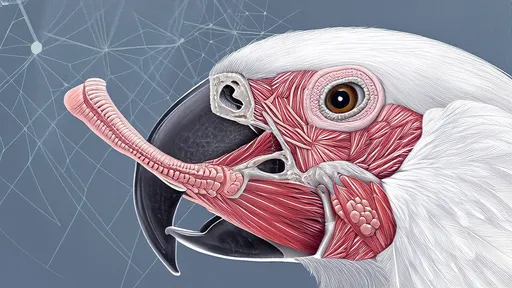
By /Jul 15, 2025
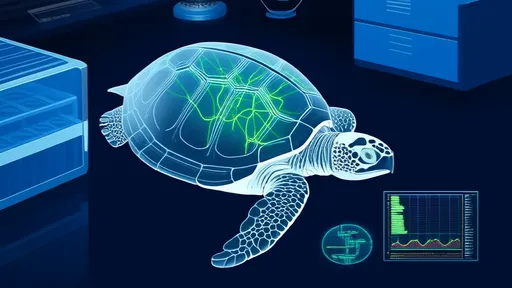
By /Jul 15, 2025
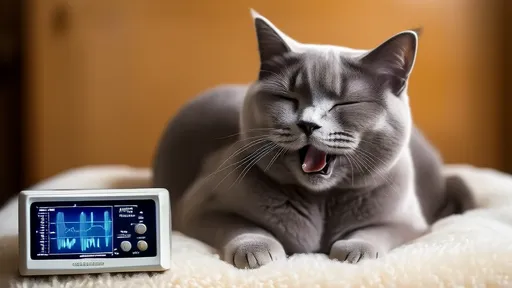
By /Jul 15, 2025

By /Jul 15, 2025

By /Jul 15, 2025

By /Jul 15, 2025

By /Jul 15, 2025

By /Jul 15, 2025

By /Jul 15, 2025

By /Jul 15, 2025
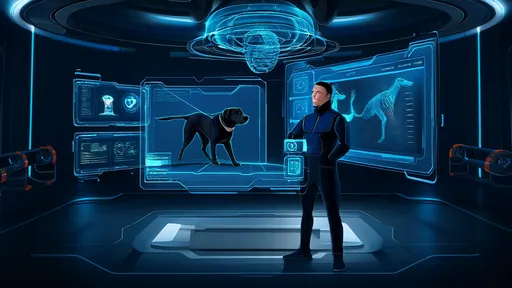
By /Jul 15, 2025
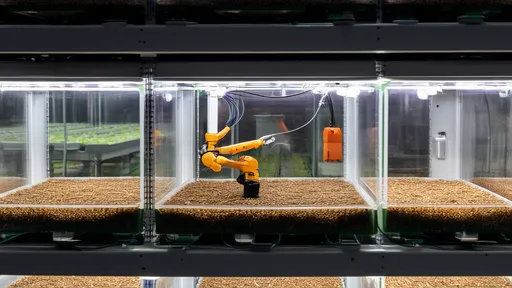
By /Jul 15, 2025

By /Jul 15, 2025

By /Jul 15, 2025
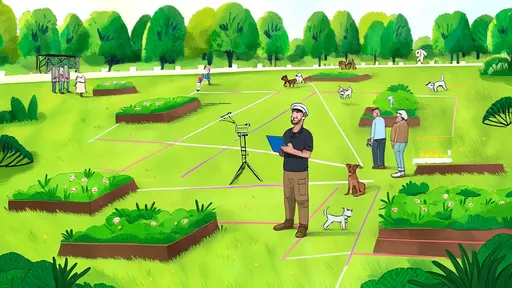
By /Jul 15, 2025

By /Jul 15, 2025

By /Jul 15, 2025
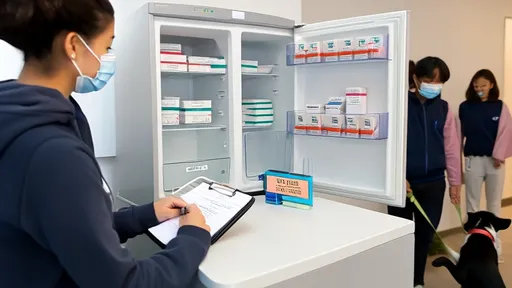
By /Jul 15, 2025